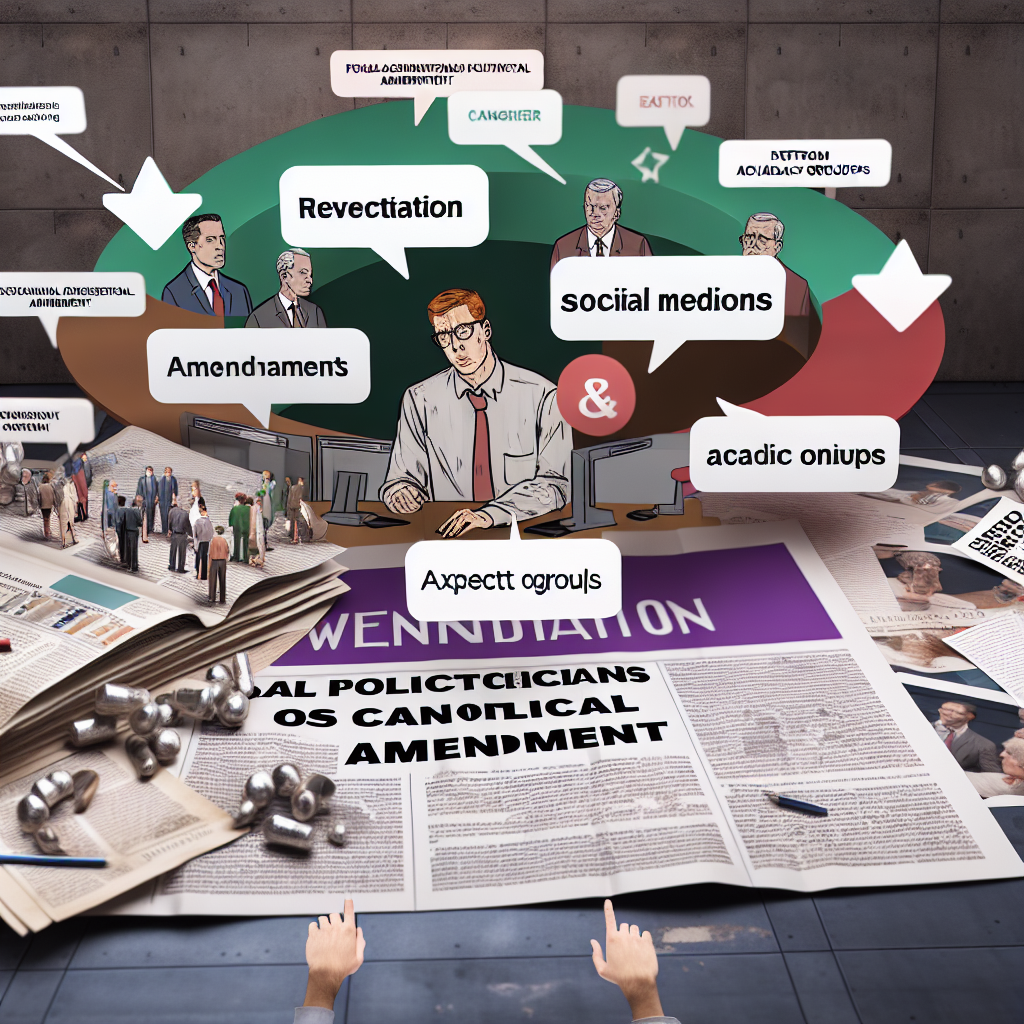
Did Donald Trump Alter His Position on Florida's Abortion Rights Ballot Amendment Under GOP Pressure?
In a surprising turn of events, former President Donald Trump appears to have shifted his stance on Florida's contentious abortion rights ballot amendment. Reports suggest that this change may have been influenced by pressure from within the Republican Party, adding a new layer of complexity to the ongoing debate over reproductive rights in the Sunshine State.
The Florida Abortion Rights Amendment: A Battleground Issue
Florida's proposed abortion rights amendment has become a focal point of political discourse, drawing attention from both sides of the aisle. The amendment aims to enshrine certain reproductive rights in the state constitution, potentially limiting future legislative efforts to restrict abortion access.
Key Points of the Amendment:
- Seeks to protect abortion rights up to fetal viability
- Aims to prevent state interference in reproductive healthcare decisions
- Could nullify existing state restrictions on abortion
Trump's Initial Stance
Donald Trump, known for his conservative positions on abortion during his presidency, initially opposed the Florida amendment. His early rhetoric aligned closely with the traditional GOP stance, emphasizing the need to protect what he termed "the unborn."
"We've made tremendous progress in defending innocent life," Trump stated at a rally in Tampa last month. "This amendment could undo all of that hard work."
The Shift: A Political Calculus?
Recent reports indicate that Trump may be reconsidering his position. Sources close to the former president suggest that influential GOP strategists have urged him to adopt a more nuanced approach to the issue.
Dr. Sarah Longwell, a political analyst specializing in Republican Party dynamics, offers insight: "Trump's potential shift reflects the GOP's struggle to balance its core conservative base with the need to appeal to moderate voters, especially in swing states like Florida."
Republican Party Pressures
The GOP's motivation for encouraging Trump's reconsideration appears multifaceted:
- Electoral Concerns: Polls show growing support for abortion rights among independent voters.
- Party Unity: A softer stance could help bridge divides within the Republican Party.
- Strategic Positioning: Adapting to changing public sentiment on reproductive rights.
"The party is walking a tightrope," explains GOP consultant Mark Sullivan. "They need to energize the base without alienating suburban voters who may be turned off by extreme positions on abortion."
Reactions from Advocacy Groups
Trump's apparent shift has elicited strong reactions from both sides of the abortion debate:
Pro-Life Organizations
- Disappointment: Many feel betrayed by what they see as a compromise on core values.
- Calls for Clarity: Demanding that Trump reaffirm his commitment to restricting abortion rights.
Pro-Choice Advocates
- Cautious Optimism: Viewing the shift as a potential opening for dialogue.
- Skepticism: Questioning the sincerity of Trump's evolving position.
Emily Lawson of Reproductive Rights Now states, "While we welcome any move towards protecting abortion access, we remain vigilant. Actions speak louder than words."
The Broader Implications
Trump's reconsideration of the Florida amendment could have far-reaching consequences:
- National GOP Strategy: May signal a broader party shift on abortion messaging.
- 2024 Presidential Race: Could influence how Republican candidates approach the issue.
- State-Level Politics: Might embolden similar ballot initiatives in other states.
Professor Alan Dershowitz of Harvard Law School notes, "This development underscores the complex interplay between federal politics and state-level policy-making on contentious issues like abortion."
The Road Ahead
As Florida voters prepare to weigh in on the abortion rights amendment, all eyes are on Trump and the GOP. The coming weeks will likely see intense debate and political maneuvering as both parties attempt to navigate this divisive issue.
With the potential for significant legal and political ramifications, the outcome of this ballot initiative could reshape the landscape of reproductive rights not just in Florida, but across the nation.
[References]



